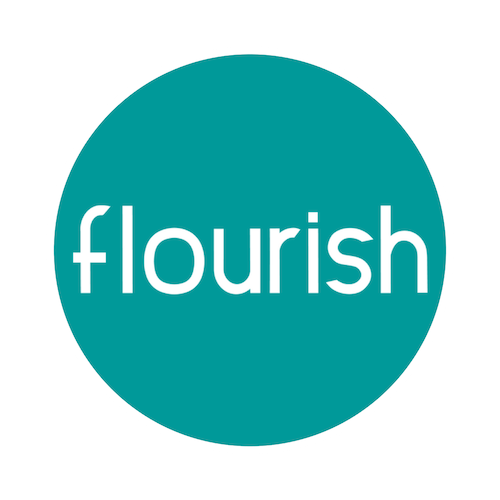Understanding the Teenage Brain
Every day is a school day… It sounds trite, but in the end, it is true! Whether you’re at school or a full-grown adult, we all have something to learn about ourselves, other people, and the world around us. In my role as Group Delivery Lead, I have had the privilege of exploring more about teenagers by reading several books on the teenage experience. I want to recommend this book to you as a way to a) help your young person learn about themselves, and b) help you to learn more about your young person.
Flourish recommends….
Blame My Brain: The Amazing Teenage Brain Revealed by Nicola Morgan
Nicola Morgan’s book Blame My Brain is written directly for young people to help them to learn about the ways their brains work. Her writing is accessible to teenagers, but does not shy away from the scientific research related to teenage biology and psychology. With good humour, detail, and helpful insights, Morgan’s book tackles some serious topics that affect teenagers (and their adults). Whether you are reading this book or you give it to your young person to read (or maybe even both!), it will certainly help you to understand more about the teenage brain.
Morgan’s first Blame My Brain book was published in 2005; I have read the most recent updated edition from 2022. She acknowledges the need to be up to date not only with the scientific research around teenage brain development, but also with the current challenges facing young people today. As a result, the 2022 edition has helpful information related to the teenage brain and social media, up-to-date consideration of gender identity, and current attitudes towards mental health. It also has sections about the ‘age-old’ teenage issues: sleep patterns; intense emotions; risk-taking behaviours. Each chapter begins with an example of ‘typical’ teenage behaviour in the form of a short story. Even if your young person has never done anything like the behaviours in the different stories, I’m sure you have seen it in action before (or done it yourself!). It is then followed up with the different issues within that example, scientific theories of potential explanations for the behaviours shown in the story, and strategies to help young people and their adults to understand, manage, and/or modify some of those behaviours.
At the end of each topic is an interesting quiz, survey, or scenario. These can help your young person better understand how their brain works. These quizzes are more helpful, I think, if you can do them alongside your young person. Engaging with the quizzes can show that you value understanding your teenager, and are willing to put this into action with them (rather than making them feel like it’s being done to them). It can also prompt important conversations that can build connections and mutual understanding.
Despite the title, Morgan’s Blame My Brain: The Amazing Teenage Brain Revealed doesn’t give excuses for teenage behaviour. It provides helpful insights into the reasons for some of those behaviours, whilst recognising that all young people have individual differences and personal experiences that shape them too. Helping young people to understand themselves is key to enabling them to feel in control of their emotions, their behaviours, and their lives. This can build positive self-esteem and well-being, as well as more positive relationships with friends and family. Whether our experience with teenagers is as a parent or carer, teacher, youth worker, Scout leader… we can all do with developing our understanding of the young people around us.
Three key points I’ve learned from reading this book:
Teenage brains really are different from adult brains. Morgan goes into the details about the development of the prefrontal cortex during adolescence, as well as different parts of the brain used in different scenarios for teens compared to adults.
Morgan states how much in awe she is of the teenage brain, and after reading her book, I am too! In addition to the societal and environmental challenges teenagers face, their brains are going through serious periods of growth, ‘pruning’, and change. It has helped me to have more empathy towards teenagers even when their behaviour is challenging.
We are all not alone! Whether we are parents/carers who are stressed about our young people or young people trying to manage emotions at a very dramatic and changeable time in our lives, there are people out there who can help. At the end of each chapter, Morgan includes multiple references and sources of help related to the topic of that chapter.
Nicola Morgan has written multiple books about the teenage brain. Her website has details of the titles, as well as further resources you and your young person may find useful.
